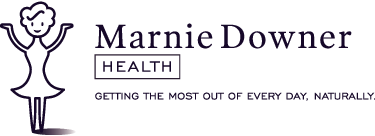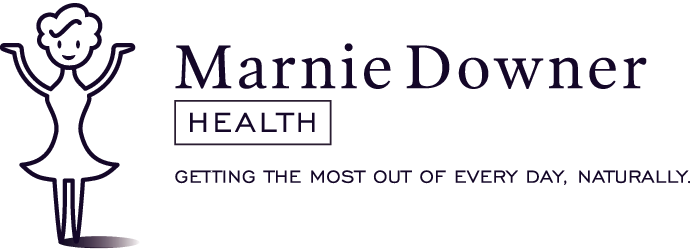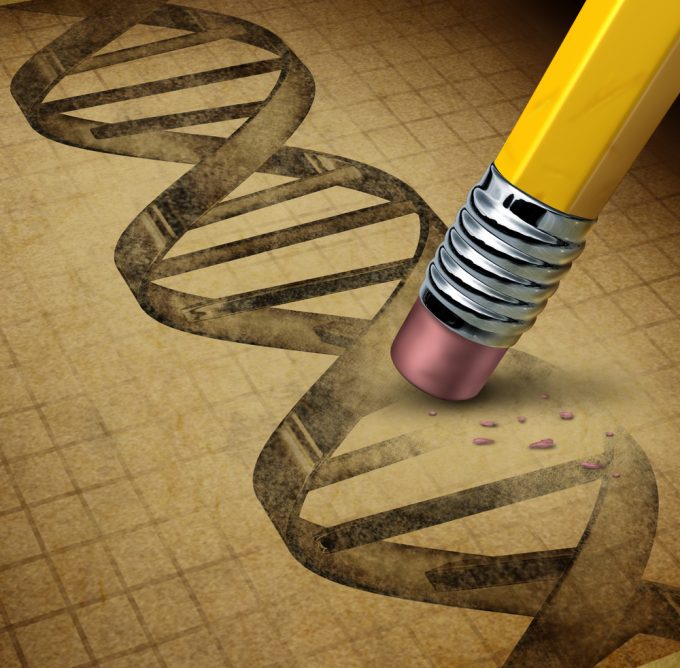Why is it that some people can drink and smoke and make some pretty crappy lifestyle choices (think Winston Churchill) and seem to remain astonishingly vigorous right into old age? At the other end of the spectrum is the person who is super-health conscious, works out regularly and is “rewarded” with a heart attack at the age of 40.
It all comes down to our genes (and our gut microbiome).
Most of us have a mixture of beneficial and not so beneficial genes. By knowing where you stand on this genetic spectrum, you can adjust your diet and your lifestyle choices accordingly.
What then is a gene?
If you think of DNA as an encyclopaedia then a chromosome is one volume in that encyclopaedia, and a gene is one sentence in that volume. Each gene carries a distinct message – a message that scientists all over the world are trying to read.
Amidst the diversity that is the human race, it is possible to find many gene versions that are shared by a large number of people. The majority of gene variants don’t seem to negatively affect our health. It’s like alternative spellings of the same word that are both acceptable – gray and grey. Sometimes, however, variations in the genes can affect the way the body functions. This would be akin to spelling mistakes that completely alter a word’s meaning, for example, from” goat” to “coat”.
(Want to know more? Check out, “It’s Not Just Your Genes”. DeBusk, R & Joffe, Y – available at the clinic and my source of information).
Working with the genes we’ve got
Nutrigenomics – what is it and how can it help you?
Nutrigenomics is a relatively new, but rapidly growing science. It studies the interaction between our genes, diet and lifestyle choices.
Every time we come to the dinner table, we bring not only our appetite, but also our genes. It’s true we can’t change our genes, HOWEVER we can compensate for their influence by making the right nutritional, exercise and lifestyle choices. Basically, your genes can be ‘dialled up’ or ‘dialled down’, a bit like a dimmer switch (depending on our lifestyle choices). We can further assist these dimmer switches by prescribing the right supplements or herbs dependent on the gene variation, naughty or nice.
Understanding your own gene variants gives you the power to maximise your health potential by adjusting your diet and lifestyle to your own unique set of genes.
What can you do?
Why do I ask about your family history when you come in for an initial consultation? I’m looking for trends. What are the sort of illnesses that are more likely to turn up as you age?
- Obesity
- Diabetes
- Cardiovascular diseases
- High cholesterol
- Cancer
- Depression (yes, there may be a genetic link)
By knowing this we can start to put in place some healthy habits for your future self.
Did you know inflammation drives many diseases
Fortunately, we can minimise the effects of inflammation by dialling down these genes. Some of these nutrigenomic interventions are:
- Meta Pure EPA/DHA – omega3 fatty acids (fish oils) – reduces inflammation
- DefenceCell – contains sulforaphane – found in broccoli sprouts – increases antioxidant capacity and reduces inflammation
- Eating a low-inflammatory diet – email me if you would like more information
- Exercise – gently to start with. Too much = more inflammation.
- Turmeric and rosemary
How well does your body detox?
If you or someone in your family has had a history of hormonal issues, it’s a good sign that your liver may not (genetically) be doing a great job of cleaning up.
Things that may help.
- Liver detoxing
- Superoxide dismutase – found in DefenceCell (and rockmelon – although you would have to eat a lot of it)
Cardiovascular Health and Genetics
My Mum has high blood pressure, my Nan had high blood pressure, I reckon there is a reasonably good chance I will develop it IF I don’t take good care of myself and:
- Exercise regularly (are you reading this Mum!)
- Reduce my salt intake
- Eat beetroot – it contains nitric oxide – a vasodilator (makes my blood vessels dilate – that’s a good thing)
- Drink plenty of water
- Make chicken and fish (as opposed to red meat) my primary source of protein.
This is just a wee insight into the exciting world of nutrigenomics. If you would like to know more about DNA profiling or how to maxmise your health come in and have a chat.


